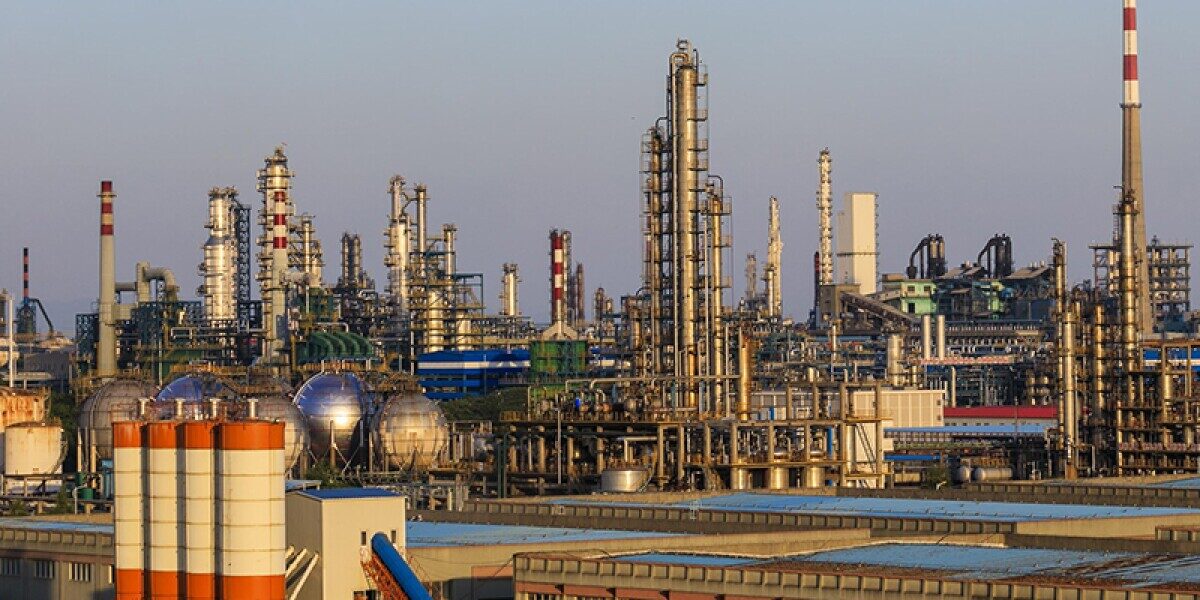Russian oil and gas revenues in July, projecting a 60% rise from May receipts to 844 billion roubles ($9.3 billion). The boost in income is attributed to cyclical patterns and is expected to help alleviate Moscow’s budget deficit, which reached 2.6 trillion roubles ($28.7 billion) in the first half of the year.
Russia’s Finance Minister, Anton Siluanov, had previously acknowledged that the country’s budget deficit in the coming year might exceed the expected 2% of GDP due to the impact of the $60 per barrel price cap imposed on Russia by Europe and G7 nations. As a result, Russia plans to tap debt markets to bridge the deficit and also expects to utilize over 2 trillion roubles ($29 billion) from the National Wealth Fund in 2022 as total spending surpasses the initial budget.
Despite concerns about the price cap’s effects, the World Bank reported that Russia’s economy is predicted to contract only by 0.2% in the current year, which is significantly milder than the 2.1% dip experienced in the previous year.
This more favorable outcome is attributed to increased buying of Russian oil by countries like India and China, as well as European nations that have turned to Russia and other countries like the United Arab Emirates, Singapore, and Turkey for oil commodities after banning Russian oil imports.
India, in particular, has significantly increased its purchases of Russian oil, with crude imports surging by 1,500% in May, reaching over 2.15 million barrels per day.
However, a report by the Center for Research on Energy and Clean Air (CREA) titled “Laundromat: How the price cap coalition whitewashes Russian oil in third countries” revealed that western countries bought $42 billion worth of laundered Russian crude in the form of various oil products from nations friendly towards Russia.
India was noted as the leading country among the five others in this regard, with a notable increase in diesel exports to the European Union.
Overall, the article highlights the cyclical nature of Russian oil and gas revenues, the challenges posed by the price cap, and the various factors influencing the country’s economy and energy exports.
![]()




